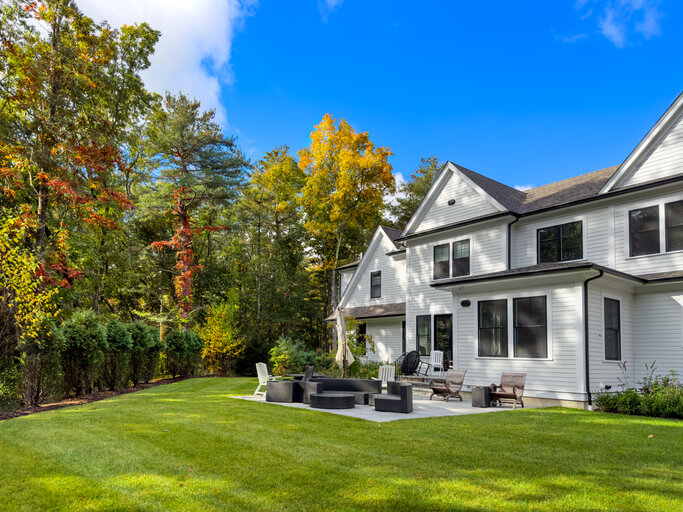Your home is your sanctuary, a place where you should feel safe and protected. However, if faced with an intruder or threat to your safety within the confines of your own home, you may wonder what legal recourse you have to protect yourself and your loved ones. In North Carolina, the Castle Doctrine, also known as the Castle Law, provides legal protection for individuals who use force, including deadly force, to defend their homes.
What is the Castle Law?
The Castle Doctrine is a legal concept that allows individuals to use force, including lethal force, to defend their homes from intruders or threats of violence without fear of prosecution or civil liability. The name “Castle Doctrine” is derived from the saying “a man’s home is his castle,” emphasizing the fundamental right of individuals to protect their homes and families from harm.
Key Provisions of the Castle Law in North Carolina
In North Carolina, the Castle Doctrine is codified under state law and provides specific legal protections for homeowners. Here are some key provisions of the Castle Law in North Carolina:
- No Duty to Retreat: Under the Castle Doctrine, individuals have no duty to retreat from their homes before using force, including deadly force, against an intruder. This means that homeowners are not required to attempt to flee or retreat from a threat before defending themselves within the confines of their own home.
- Presumption of Reasonableness: If a homeowner uses force, including deadly force, against an intruder in their home, there is a legal presumption that their actions were reasonable and justified. This presumption places the burden on the prosecution to prove that the homeowner’s use of force was unreasonable under the circumstances.
- Protection from Civil Liability: In addition to criminal immunity, the Castle Law also provides protection from civil liability for homeowners who use force to defend their homes. This means that homeowners cannot be sued for damages by intruders or their families if force was used lawfully and in self-defense.
- Scope of Protection: The Castle Doctrine applies not only to the interior of the home but also to other areas considered part of the “castle,” such as attached garages, porches, and curtilage (the area immediately surrounding the home).
When Does the Castle Doctrine Apply?
The Castle Doctrine applies in situations where a homeowner reasonably believes that the use of force, including deadly force, is necessary to prevent imminent death, serious bodily harm, or a forcible felony. However, it’s essential to understand that the Castle Doctrine does not give homeowners carte blanche to use lethal force indiscriminately. The use of force must be proportionate to the threat faced and reasonable under the circumstances.
The Attorneys at Hancock Law Firm, PLLC Help Those in North Carolina Who Have Employed Self-Defense
While the Castle Doctrine provides valuable legal protections for homeowners in North Carolina, navigating the complexities of self-defense laws can be challenging. If you have questions about your rights under the Castle Law or if you’ve been involved in a situation where force was used in self-defense, it’s crucial to seek legal guidance from an experienced attorney.
At Hancock Law Firm, PLLC, our criminal defense lawyers fully understand what is at stake and will do everything that we can to help you. To learn more or to schedule a free consultation, contact us today!


